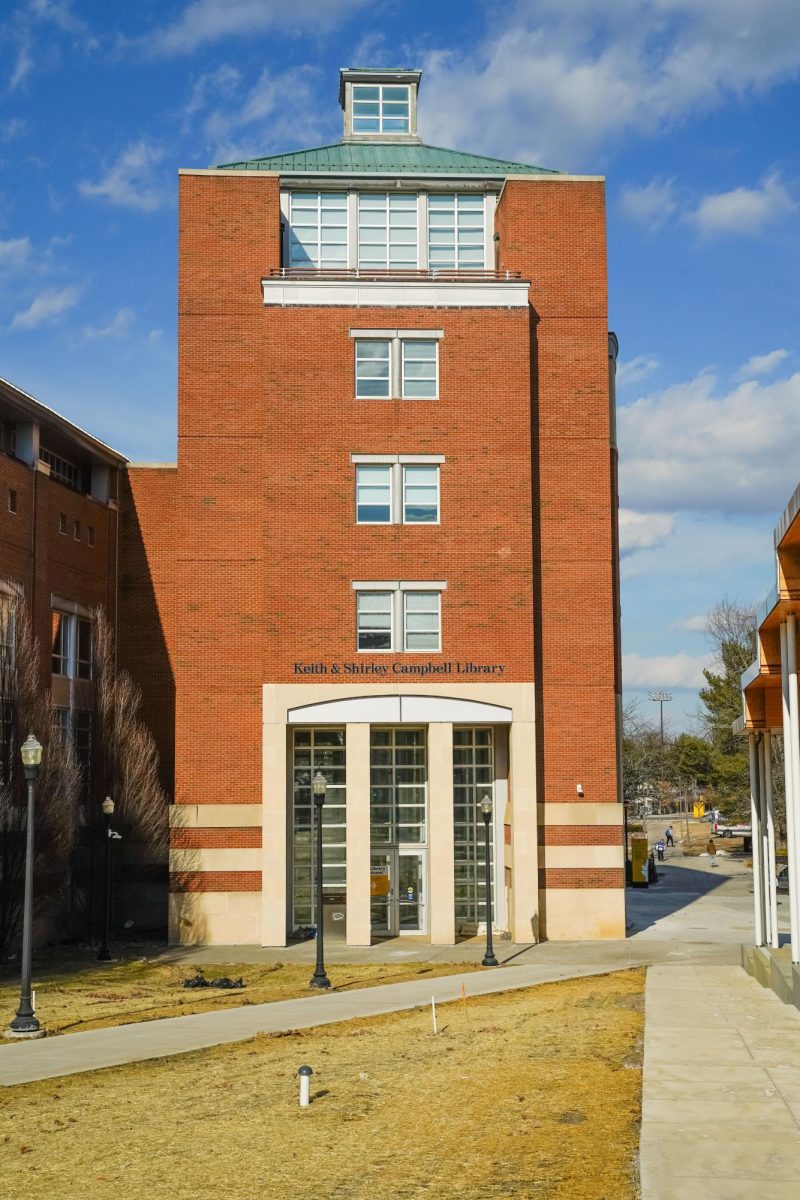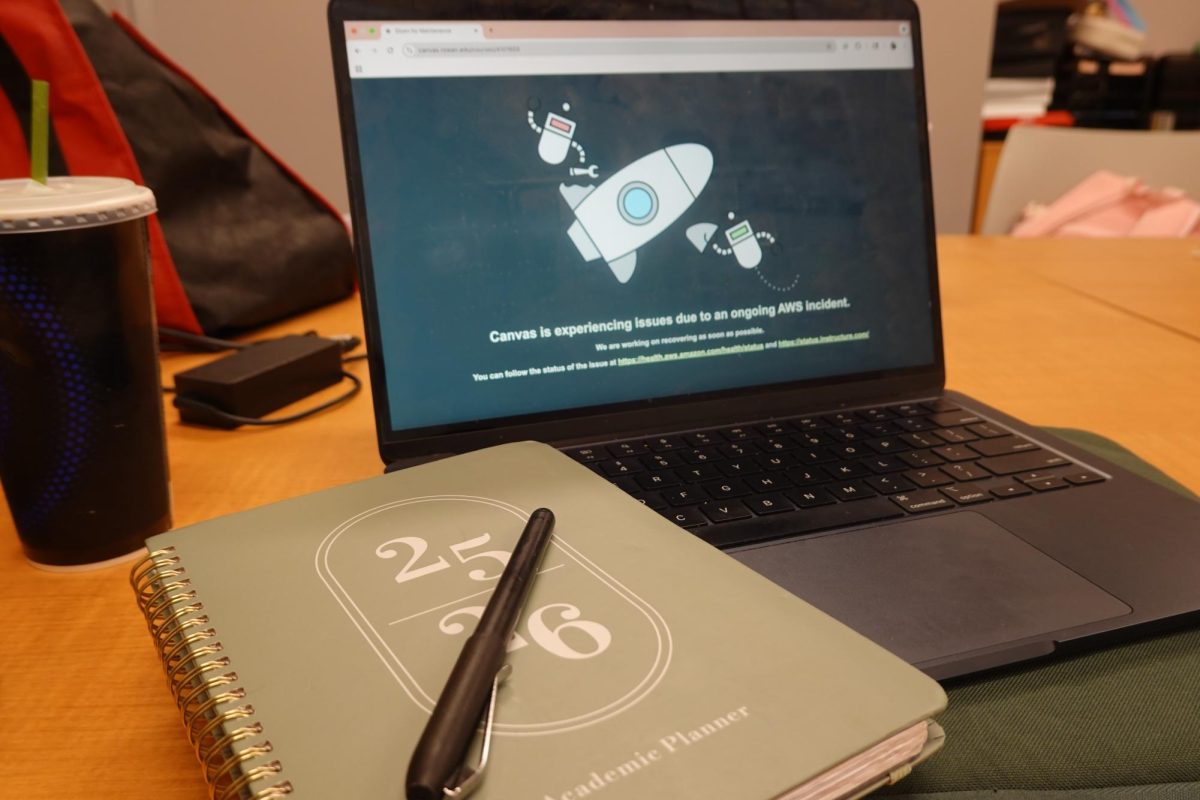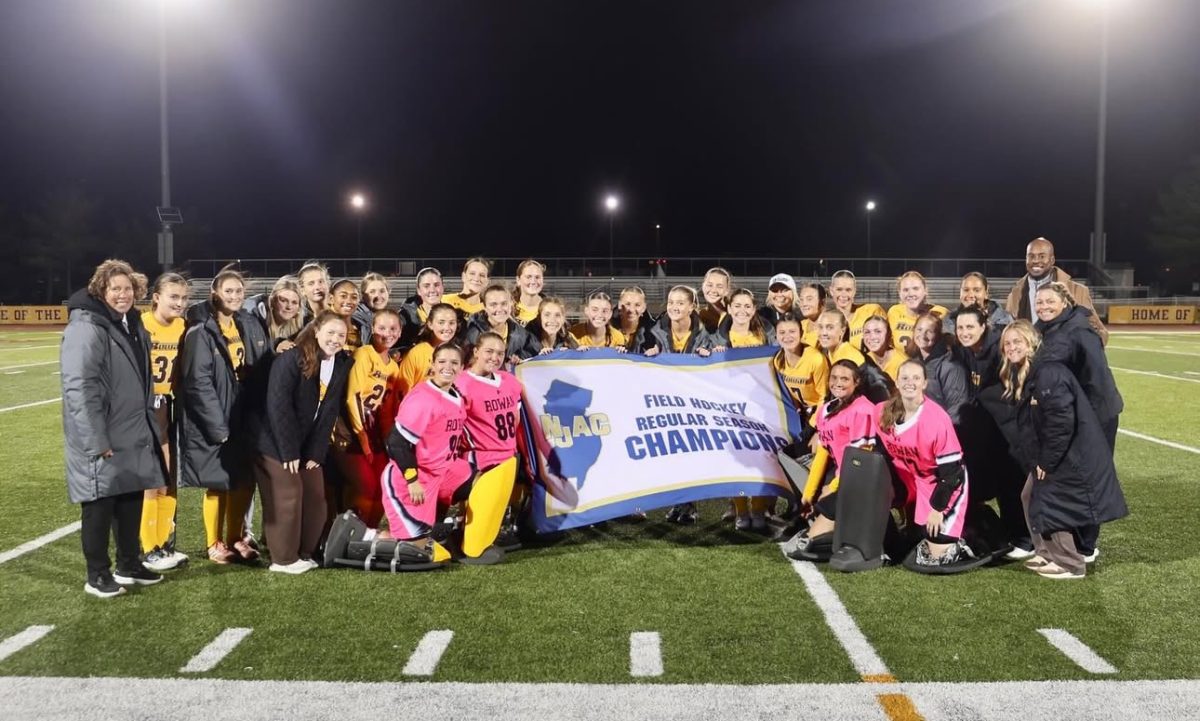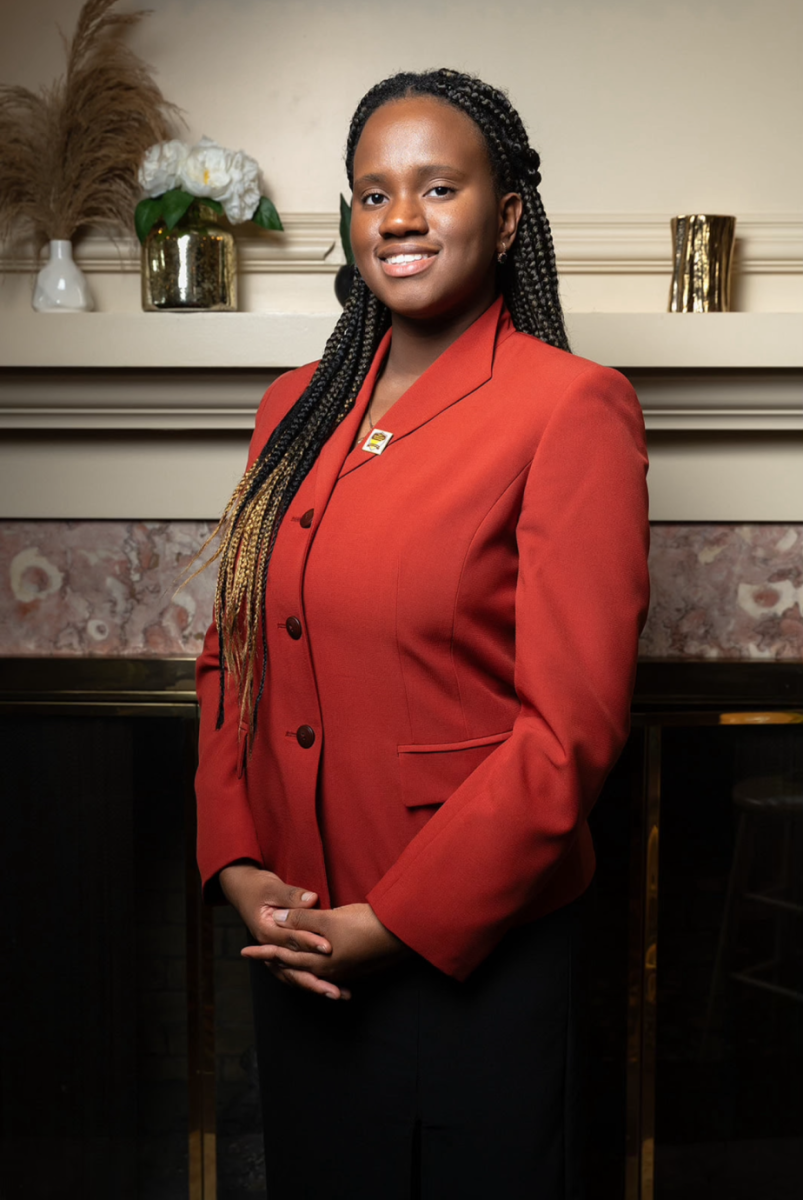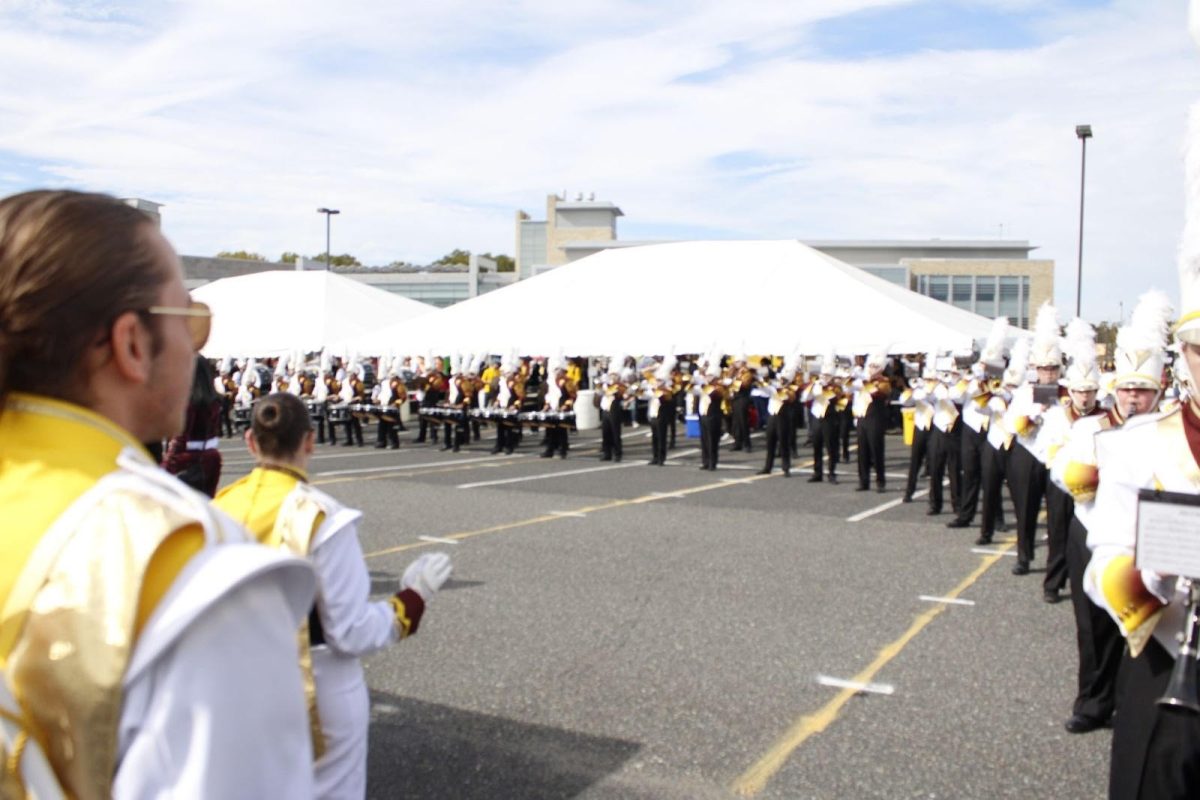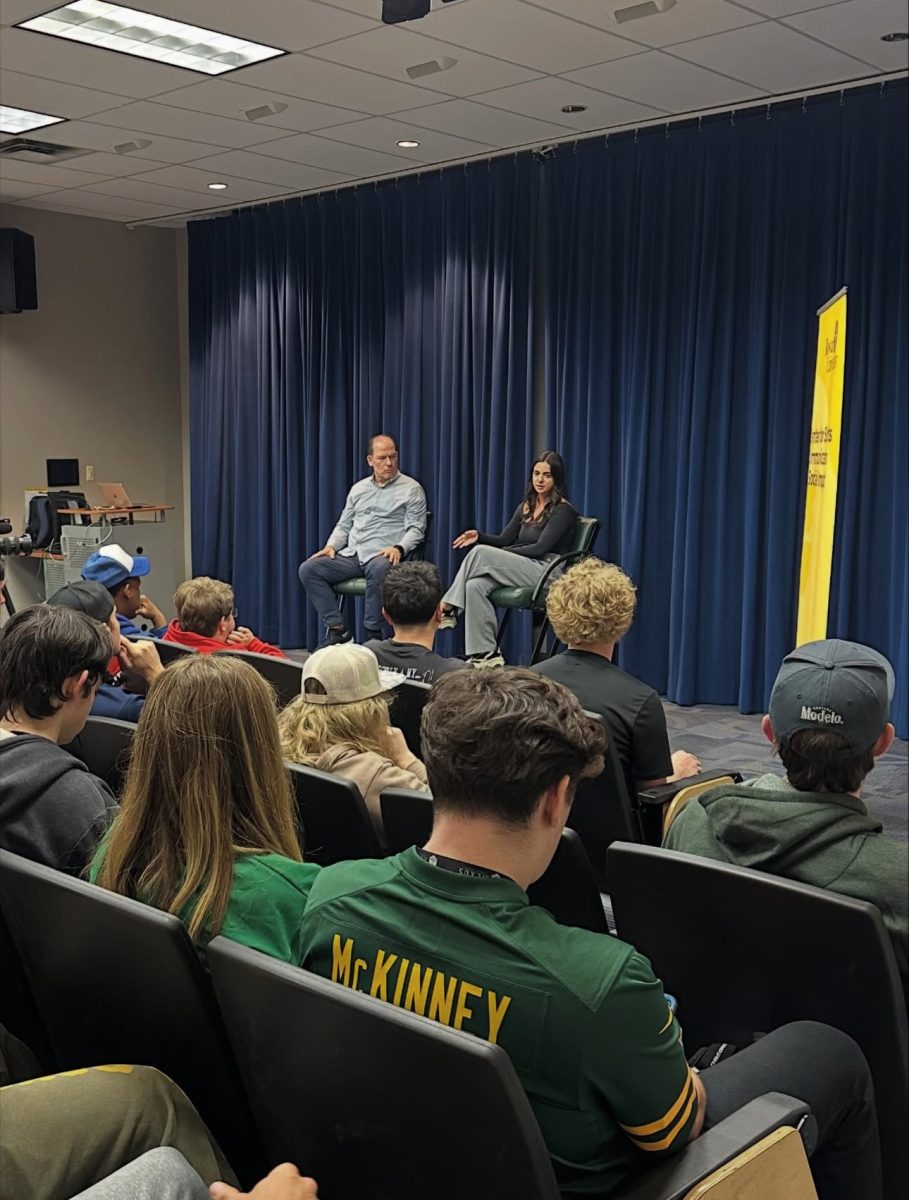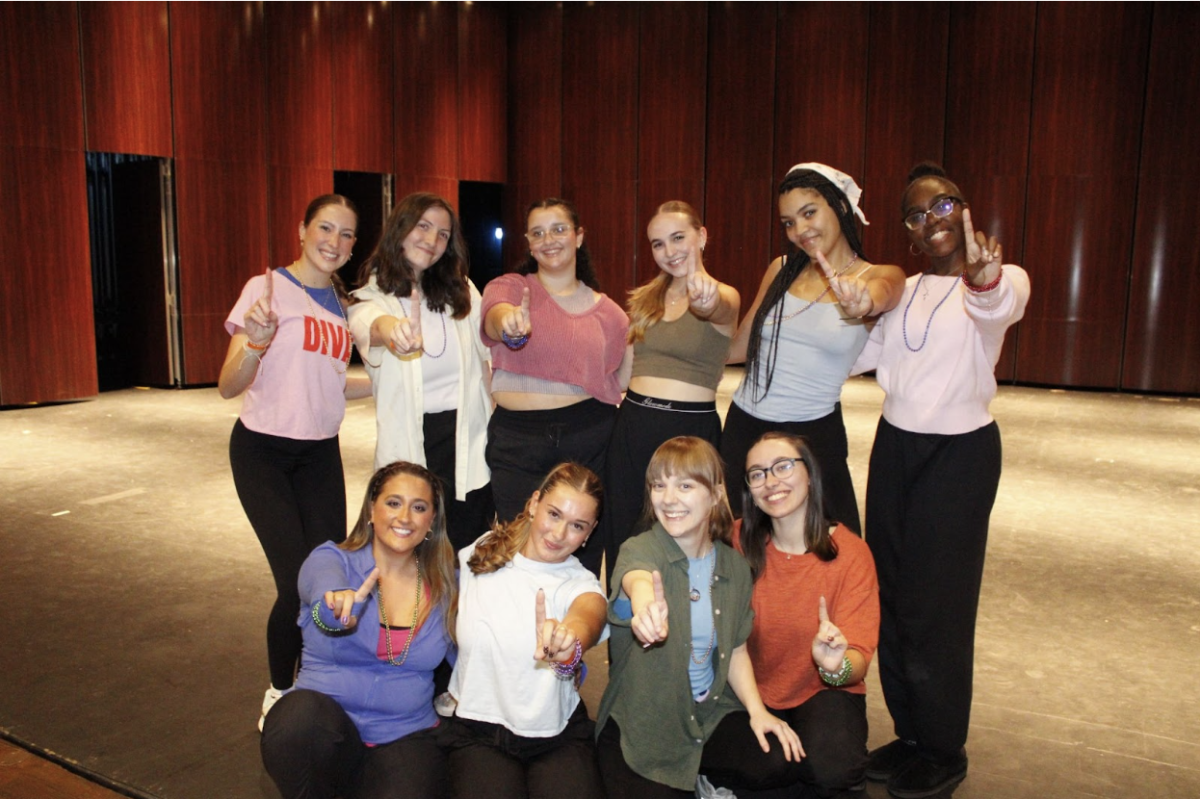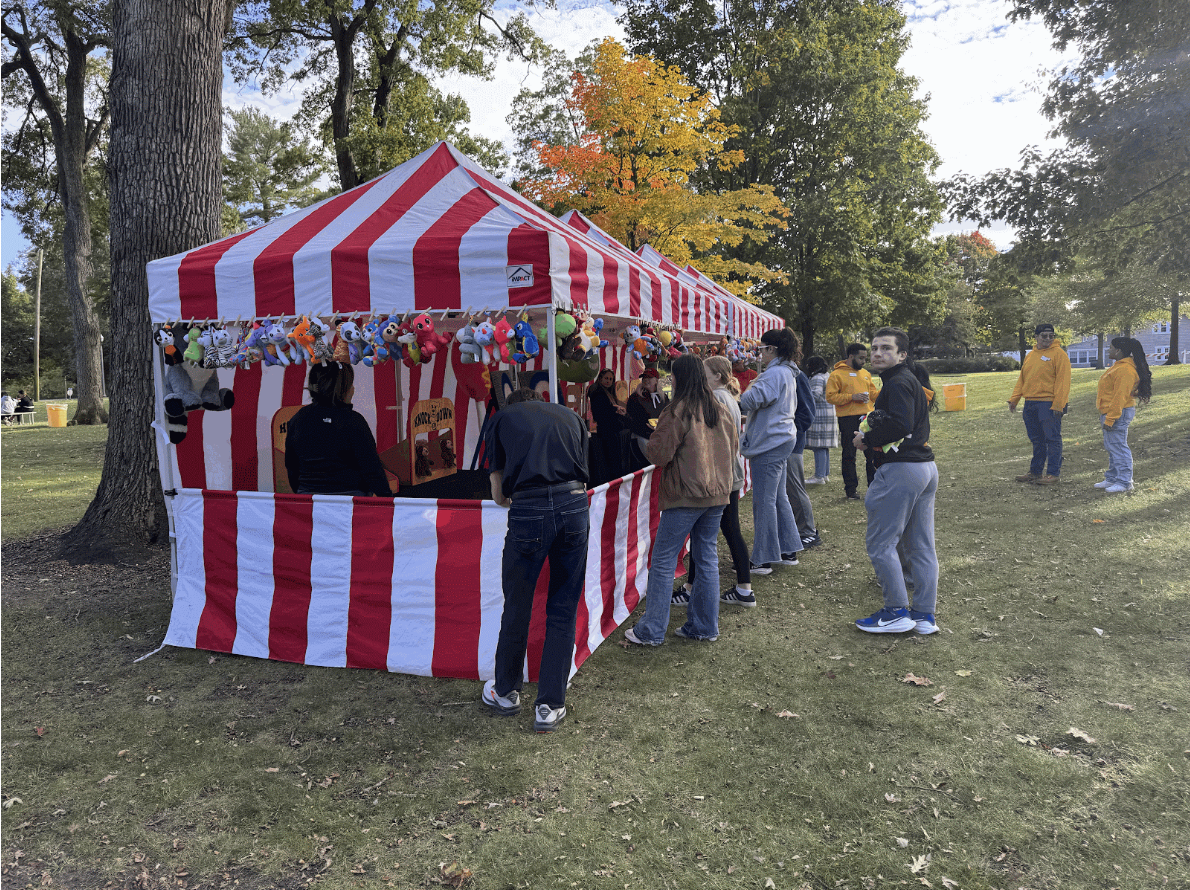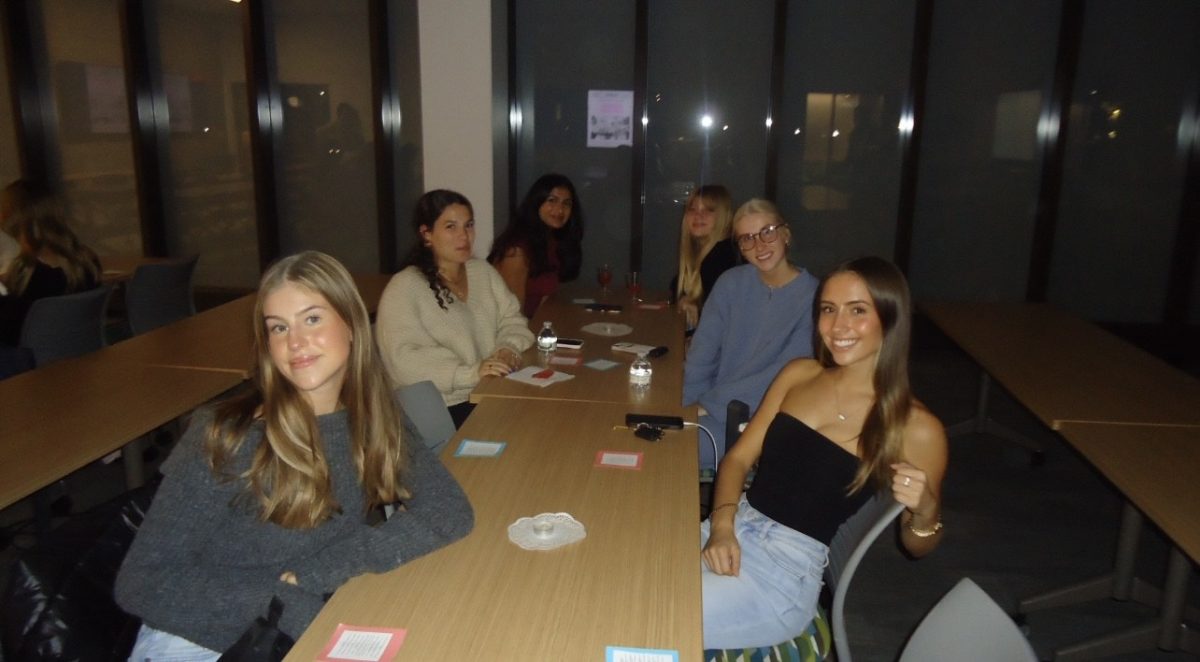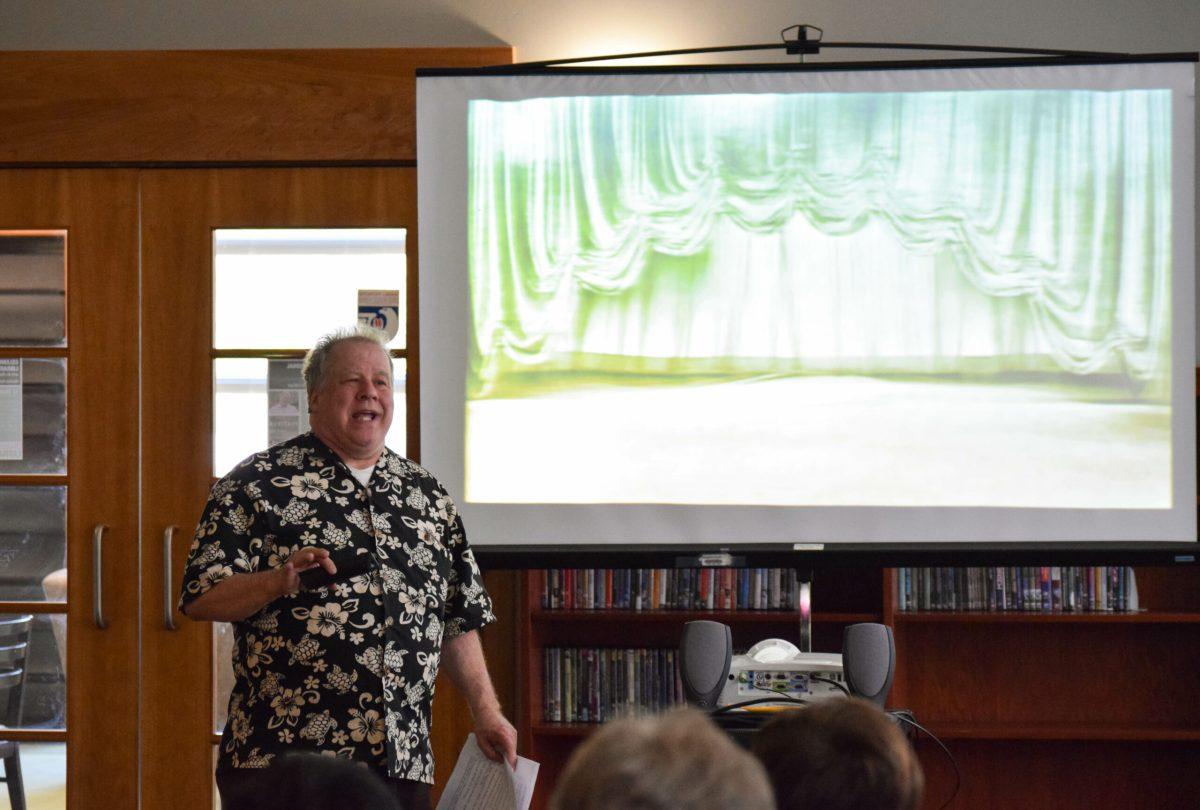In celebration of National Library Week, the staff of Rowan’s Campbell Library invited American TV critic and author, David Bianculli, to present a talk, titled “TV Transforms: The Evolution of Quality Television.”
The theme for the year’s National Library Week was “Libraries Transform,” a topic Campbell librarian Phyllis Meredith felt Bianculli could capture through the lens of television.
“Many people form their opinions of people they consider different from themselves from the images they see on television shows,” Meredith said. “While this is not a new concept, newer television shows are more inclusive and characters are no longer single dimensions. I knew Dr. Bianculli’s newest book addressed some of these issues and I thought whatever topic he chose to share with us would fit with the National Library Week theme.”
Bianculli, a professor in Rowan’s radio, television and film department, has worked as a TV critic for over forty years and has appeared numerous times on NPR’s “Fresh Air” to do reviews. Throughout his career, he interviewed many notable figures, including Louis C.K., Garry Shandling and Mel Brooks.
The beginning of Bianculli’s presentation featured a video-tour which explained the various phases of television history, emphasizing important turning points in the history of the medium. Much of the content came from his book “The Platinum Age of Television.”
Bianculli started by focusing on the inception of children’s television, noting how the baby boomer generation shared a common experience.
“Saturday morning was the only time when parents didn’t control the sets,” he said.
He went on to explain how children would wake up early in the morning to tune into their favorite programming.
“Puppet Playhouse” was one such program, laying the groundwork for many shows to come. Several aspects of this show reflected the social realities of the time, including the whiteness of the cast.
“At first, television was kind of exclusionary,” Bianculli said.
Another stop on the video tour was “The Mary Tyler Moore Show,” which was included in a chapter titled “Single Working Women” in Bianculli’s book. Whereas most shows of this era portrayed women in relationships, or pining to obtain one, “The Mary Tyler Moore Show” presented its protagonist as independent and capable of working in the professional world, straying away from the pervasive housewife image of decades past.
“It was a quietly feminist program,” Bianculli said.
Towards the end of the talk, Bianculli commented on the modern evolutionary phase of television: streaming. Specifically, he dissected the downsides of binge-watching shows on platforms such as Netflix.
“What you lose is the anticipation of thinking what’s going to come next, and the ability to talk with your friends at work or at home,” he said. “That’s what made ‘Twin Peaks’ so amazing, with ‘Who killed Laura Palmer?’ on the cover of national magazines.”
However, he sees a positive in this new viewing capability: he can binge watch a show quickly before he has to review it, which is what he is doing for the show “Better Call Saul” in an upcoming “Fresh Air” review on NPR.
For comments/questions about this story, email [email protected] or tweet @TheWhitOnline.



